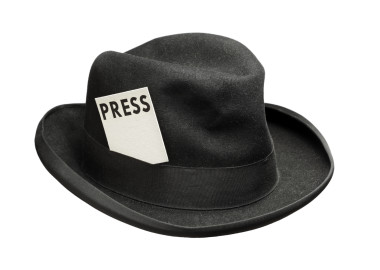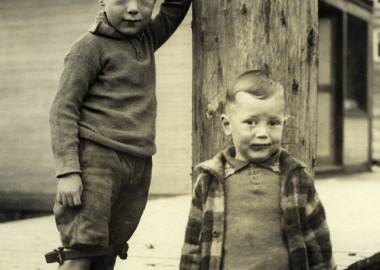
What if I could tell you that you could buy an object (say a chipped teacup) at a garage sale this weekend for the spare change in your pocket, and you could sell it Monday for hundreds of dollars?
That was the premise of Significantobjects.com, an anthropological experiment conducted in 2009. The organizers searched junk shops and garage sales for cheap, small objects. The average price paid for an object was just $1.25, and many were purchased for much less. The final bill? A mere $128.74.
Then, it was time for the special sauce.
Significantobjects.com recruited many well-known writers to give each object a story. Afterward, equipped with storytelling secret weapons, the objects went on sale on eBay. Total price paid by those who bought the items? $3,612.51.
So, great. What does this quirky website mean for your brand?
It means that your customer directly assesses the value of your brand based on the story you tell.
People are willing to pay more for something with an inspiring or entertaining story. When you buy organic strawberries at the farmer’s market, you are buying into the story of the farm that produced them. Many consumers switched to Apple products because they believed that the story that Steve Jobs’ innovation and perfectionism generated a better product. Storytelling helps the consumer choose the products that align to their own personal goals and principles.
We live in the age of “earned media”. We count retweets and shares because they indicate that our audience trusts us enough to attach their own name to our story. When storytelling works, consumers identify deeply with the people behind the brand. We talk a lot about connecting with consumers, but your clients don’t care about your brand. They can only care about the people who represent the brand. Storytelling helps you earn their trust, respect and dollars.
Consider the case of Burberry. The fashion retailer began to eschew traditional season-specific campaigns in 2008 in favour of digitally-savvy brand storytelling campaigns. This change kicked off a 750% rise in Burberry’s stock price.
Some feel that storytelling embodies a risk – and maybe it does. People connect with stories that are vulnerable and authentic. It runs counter to the marketing instinct to talk always about how great things are. But, never forget the rewards. Consumers can care deeply about your story. But it’s up to you to tell it.




